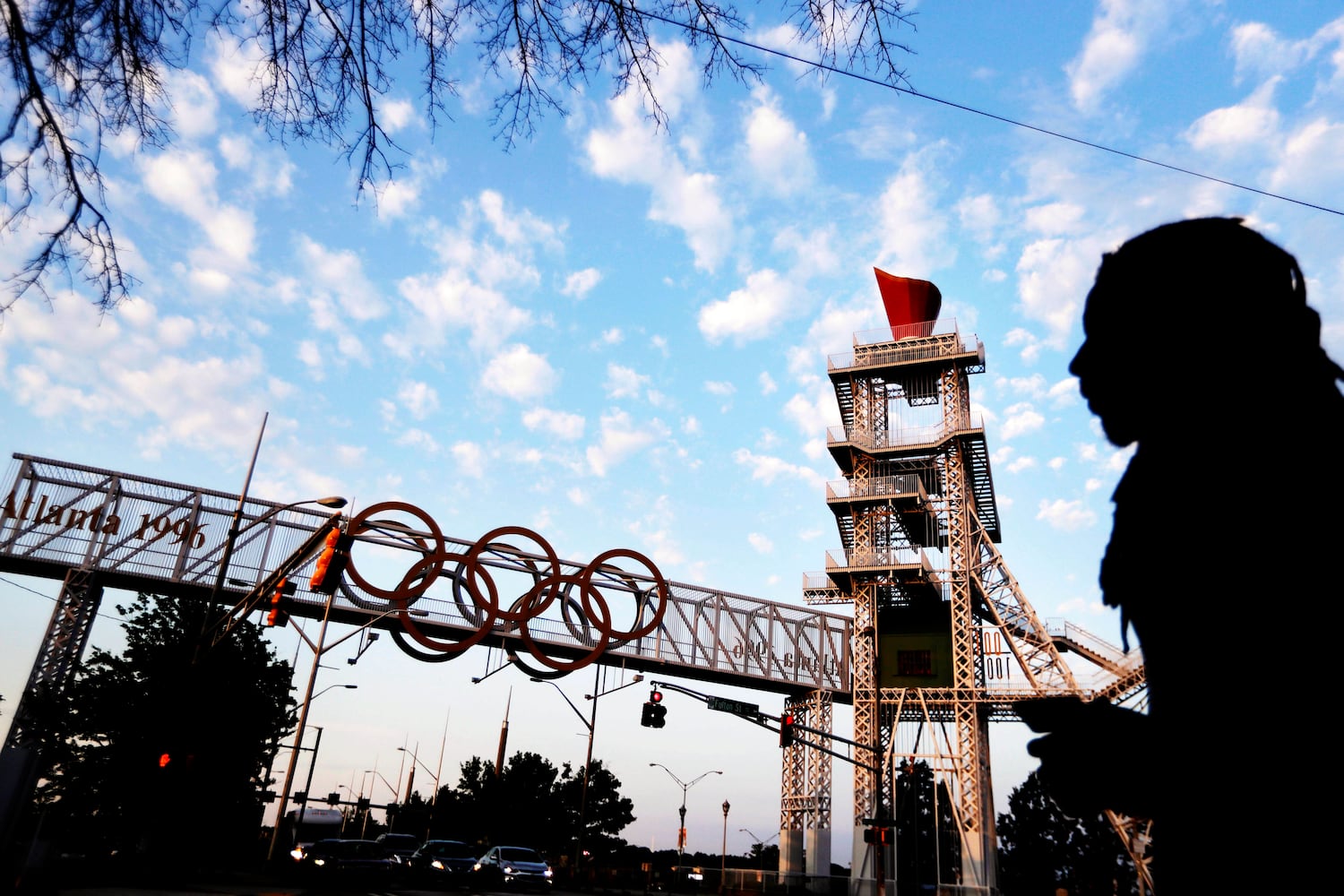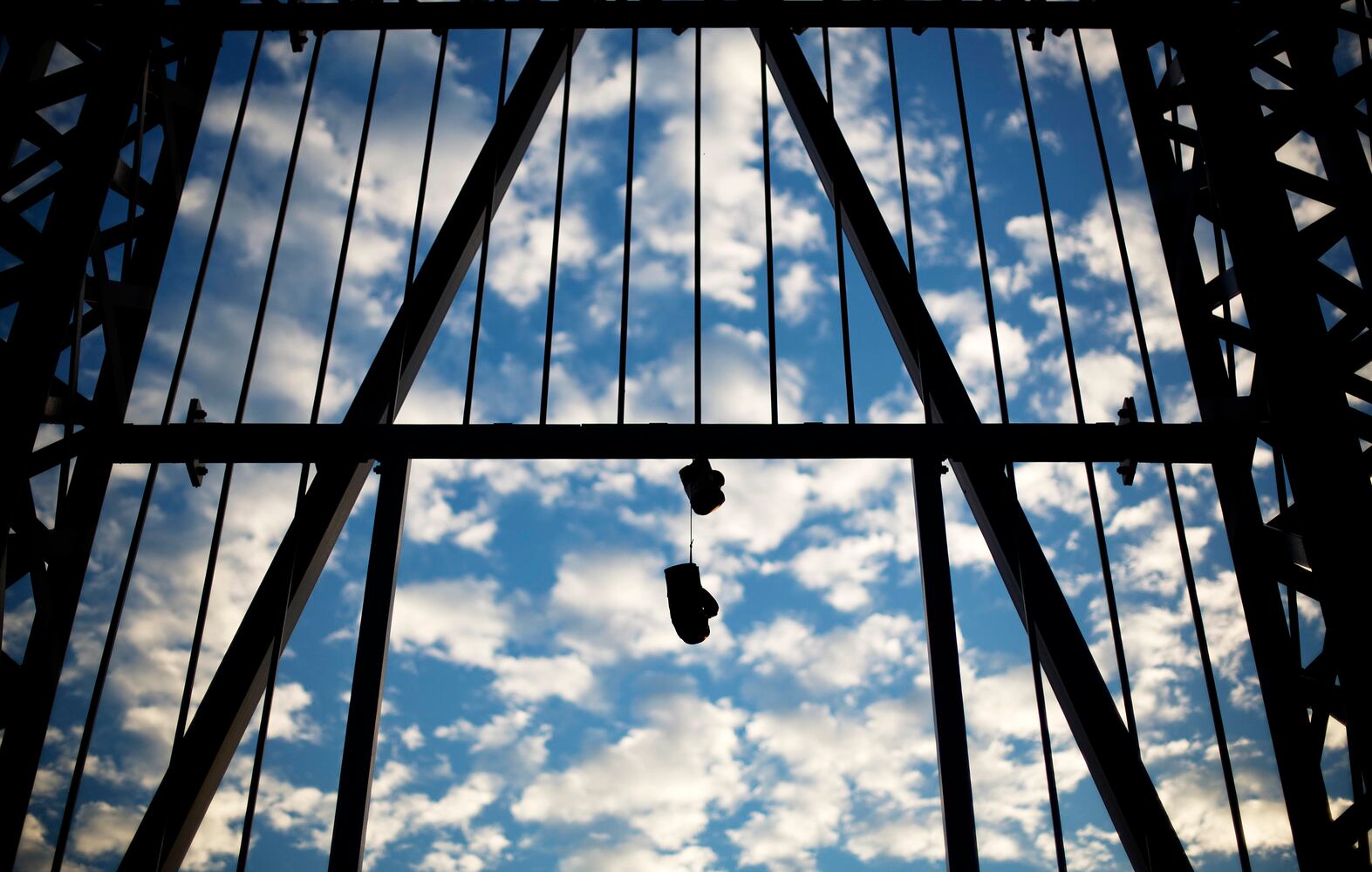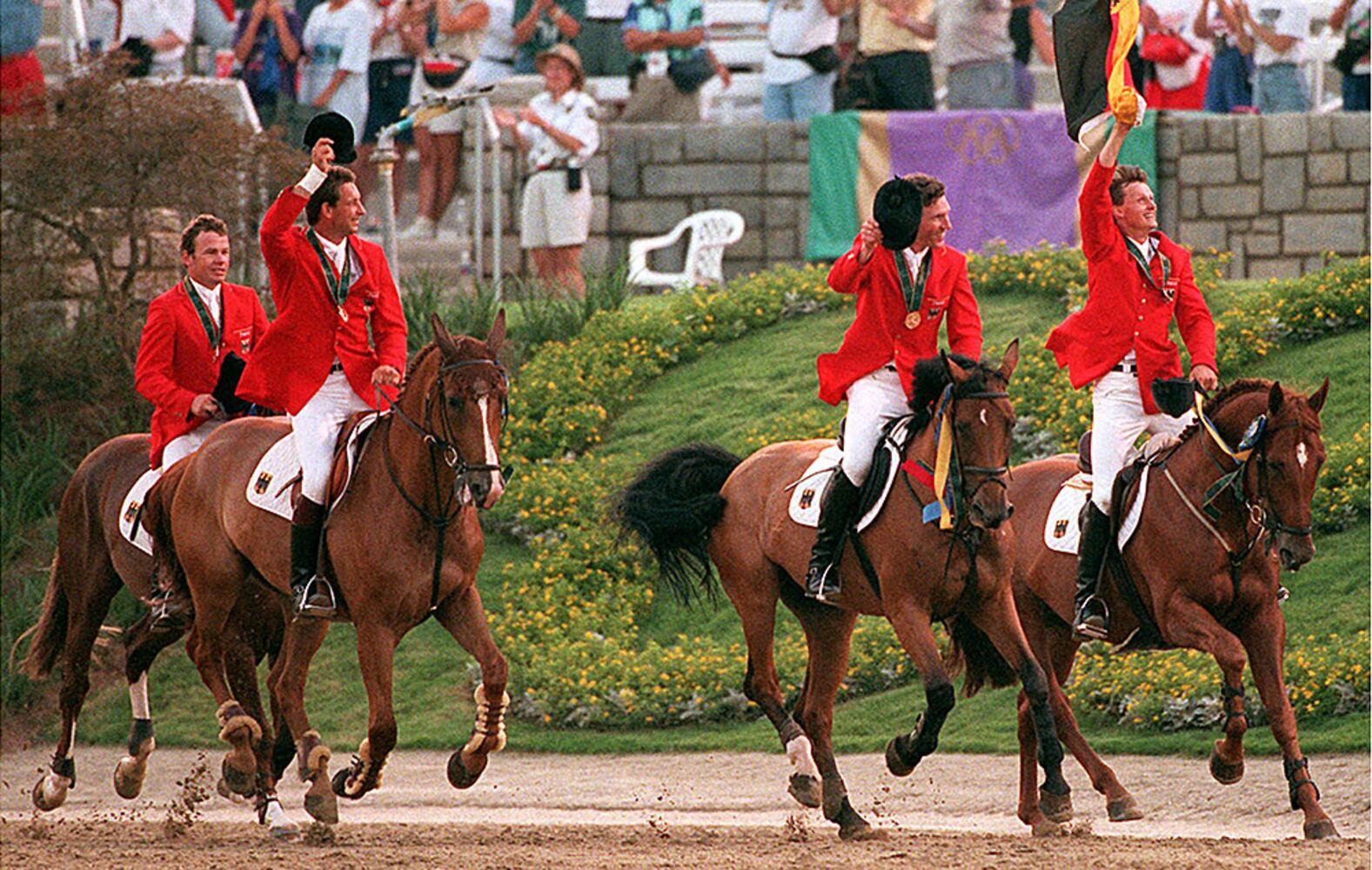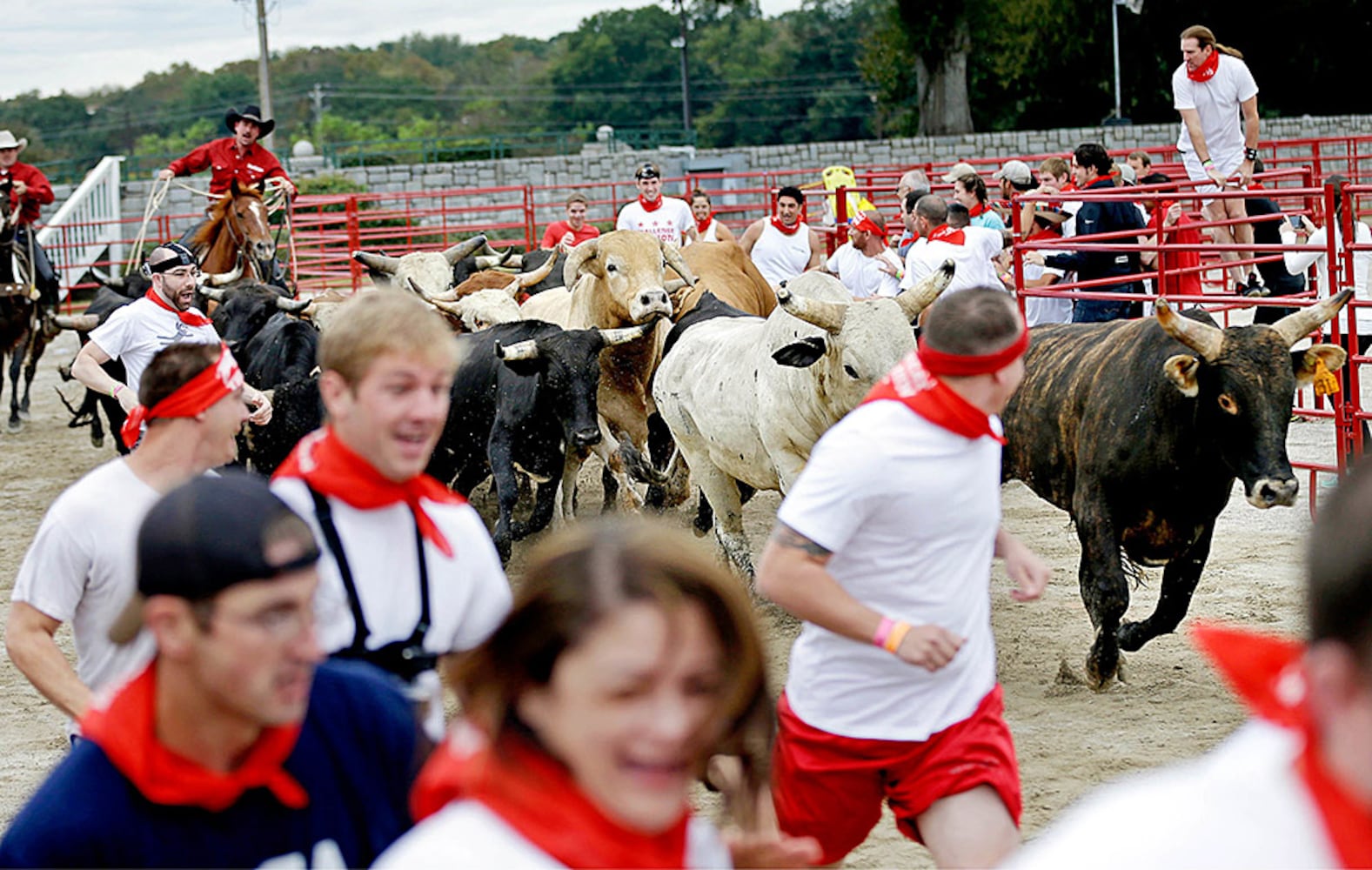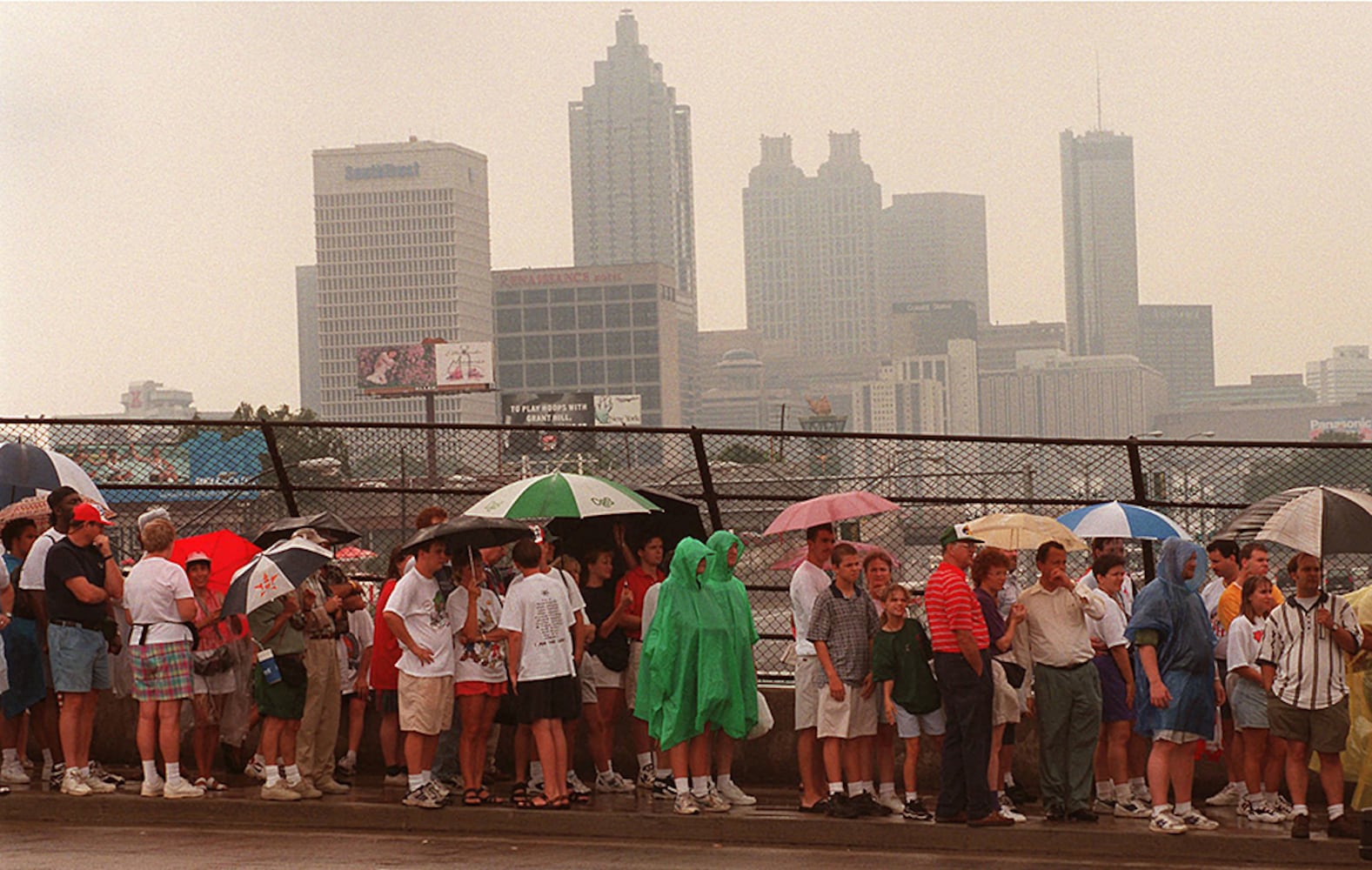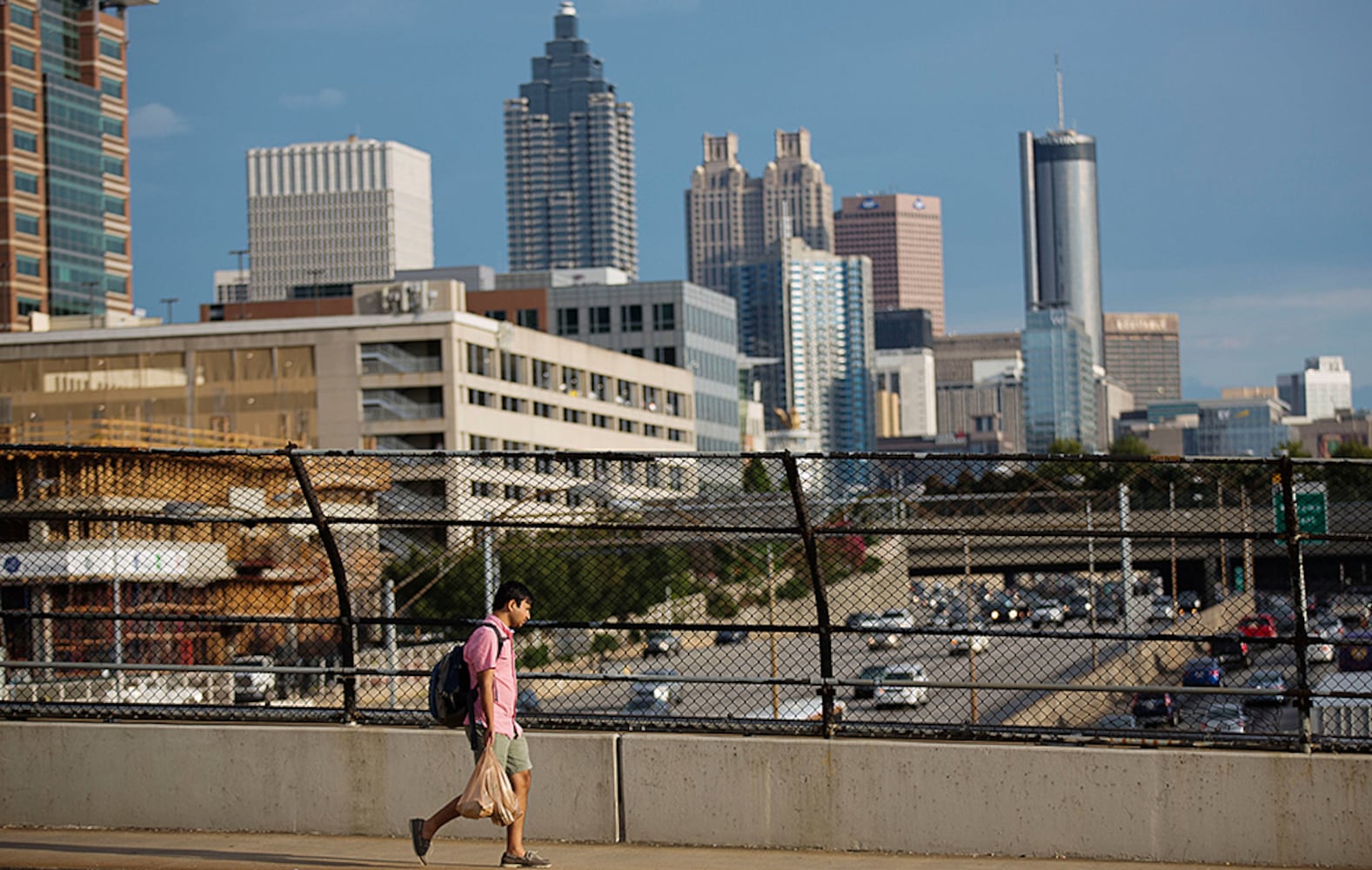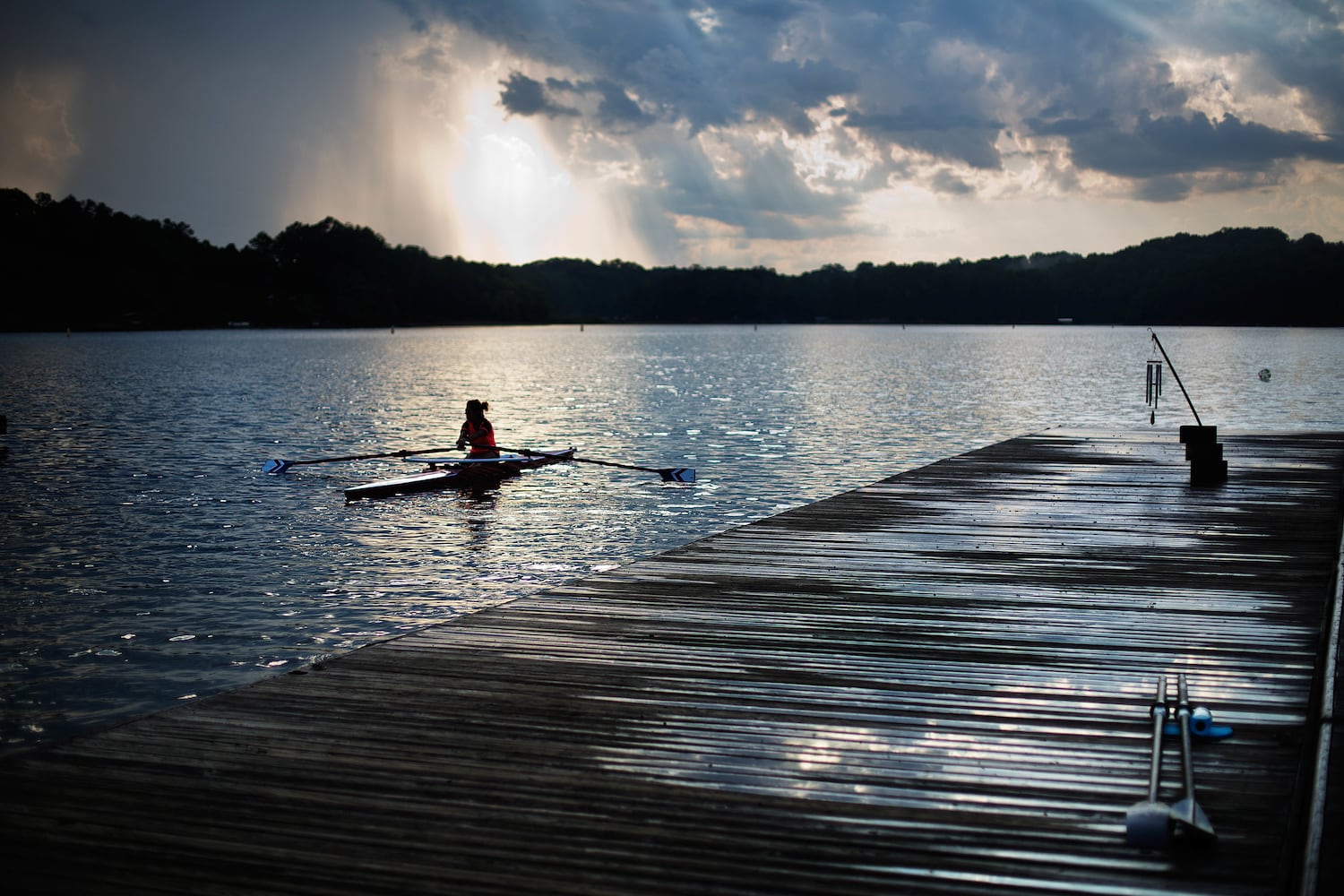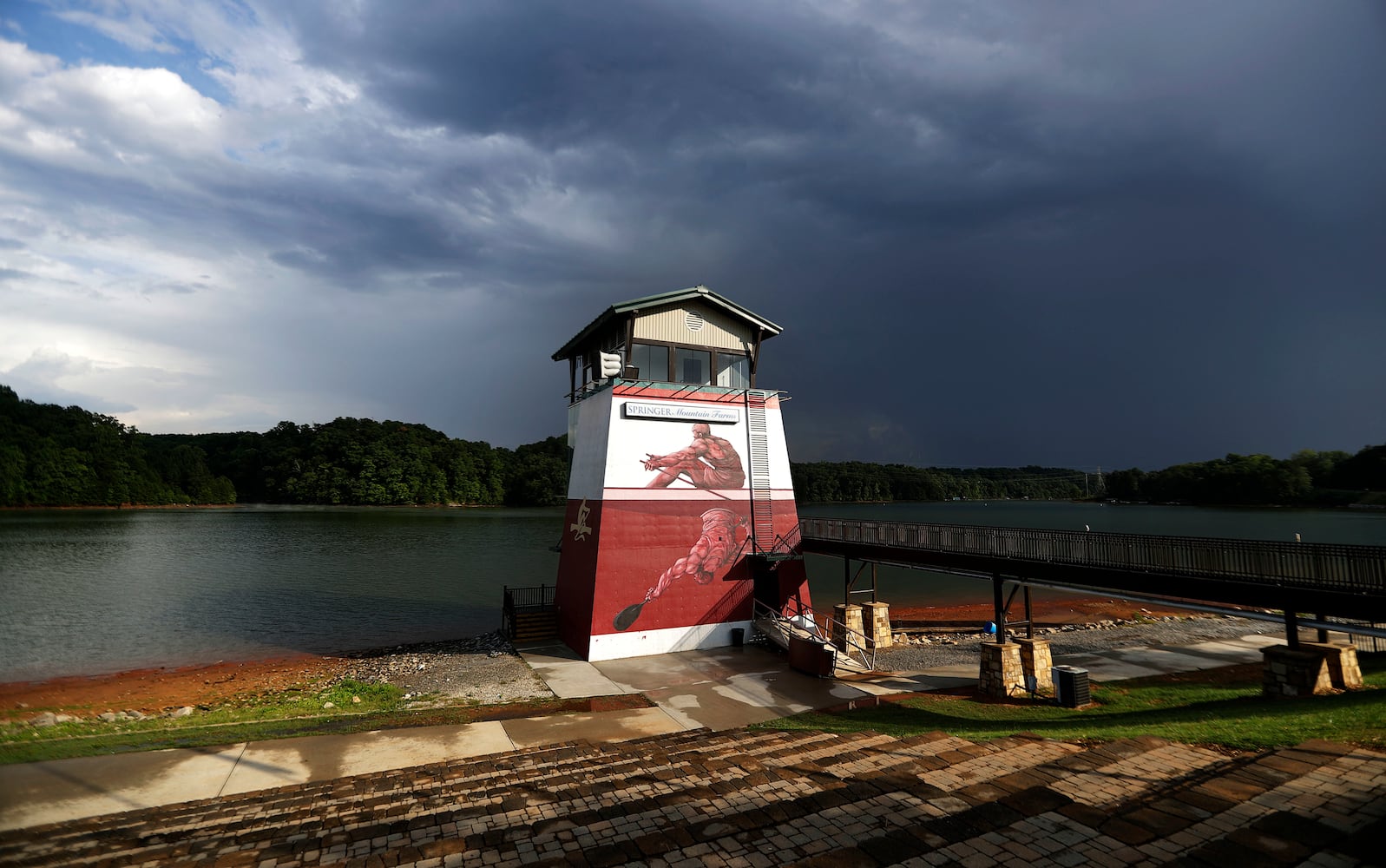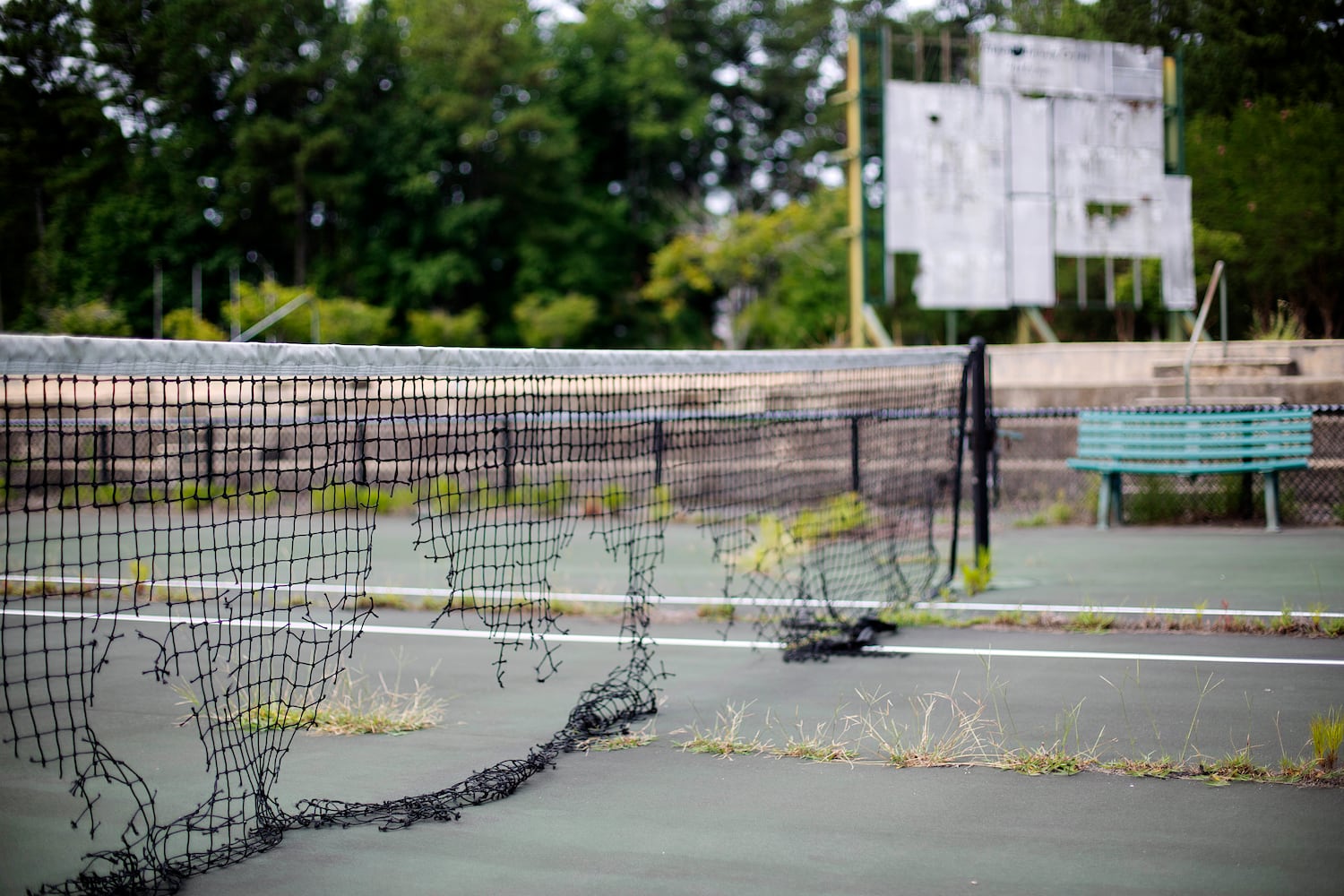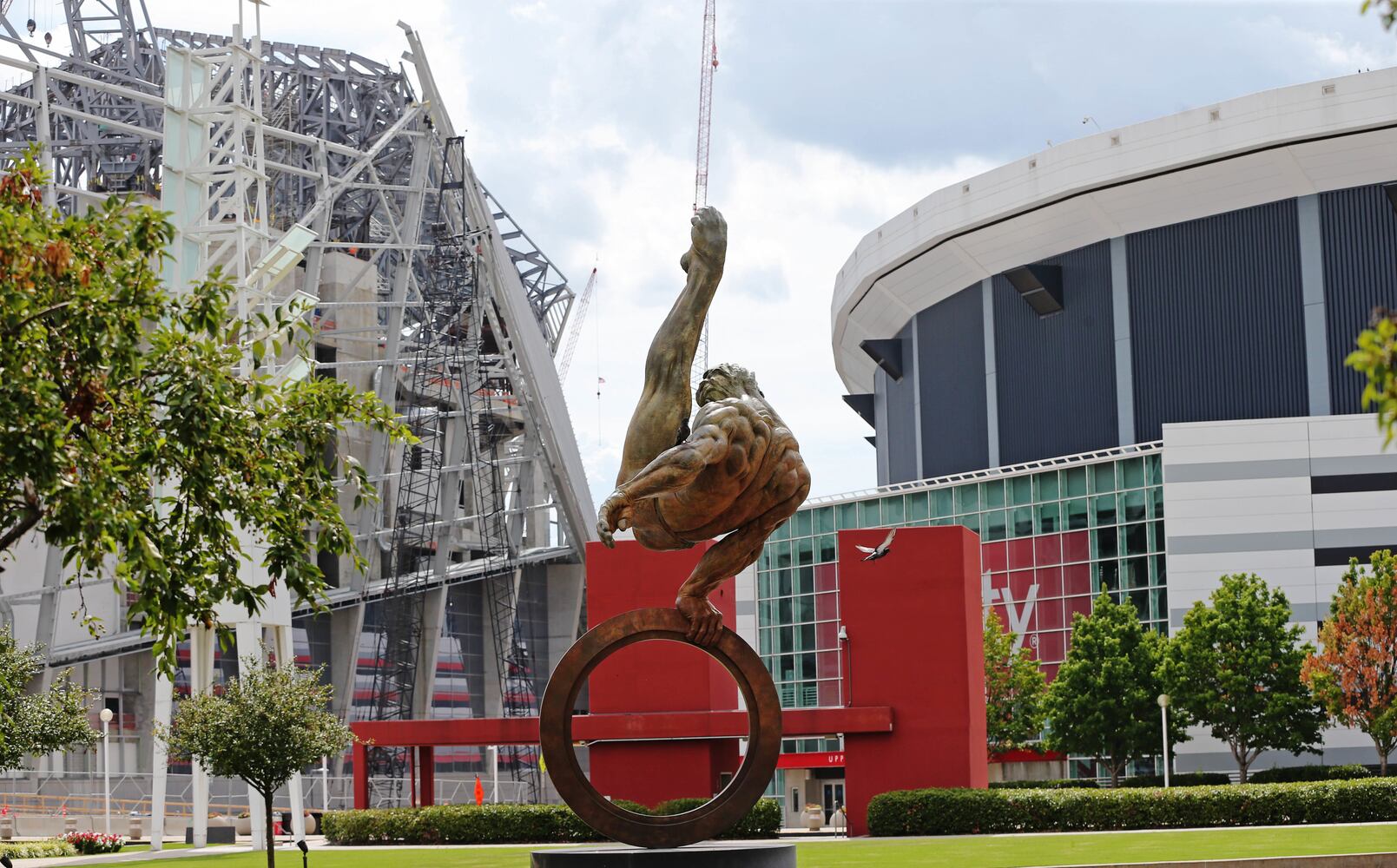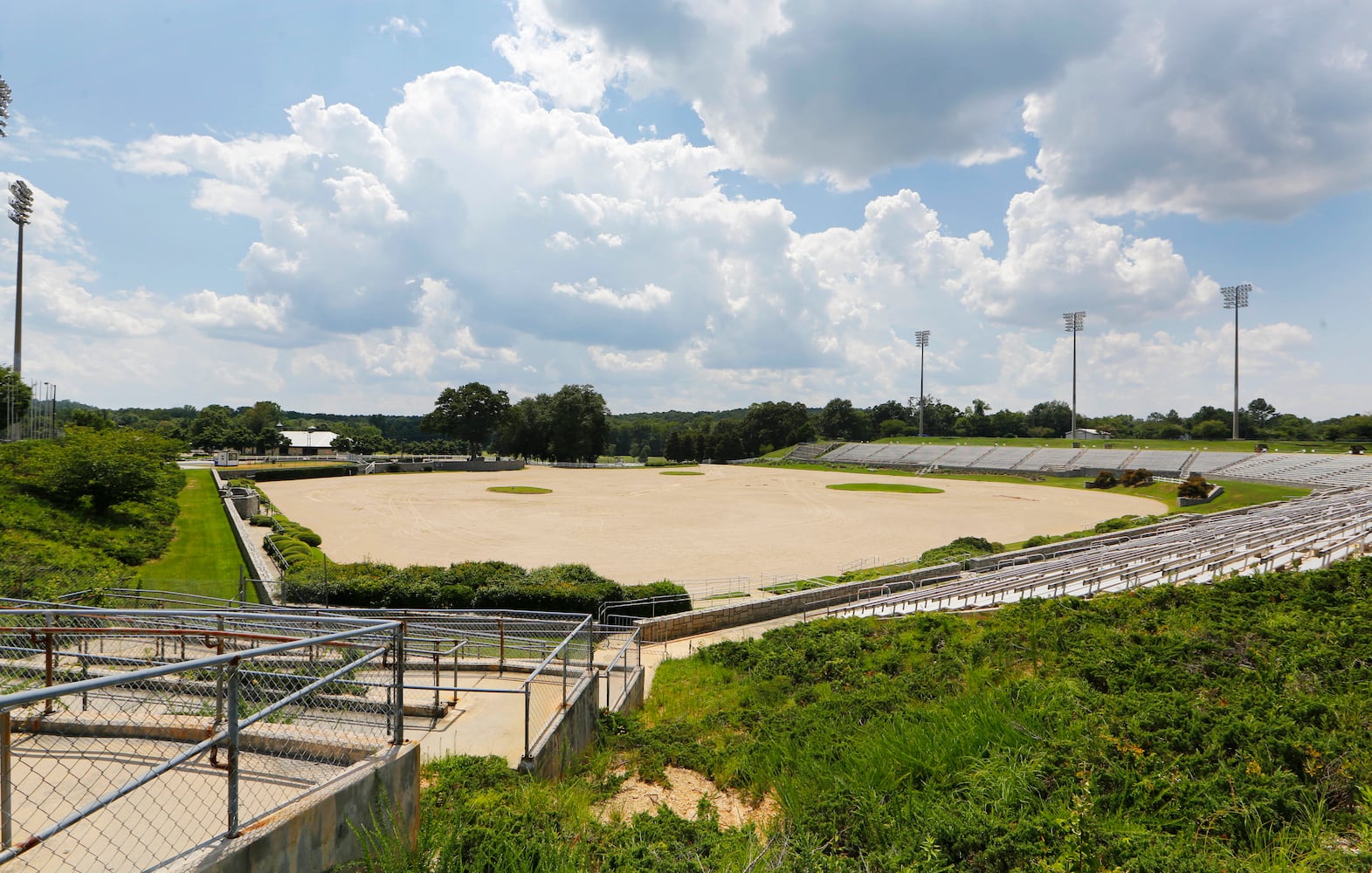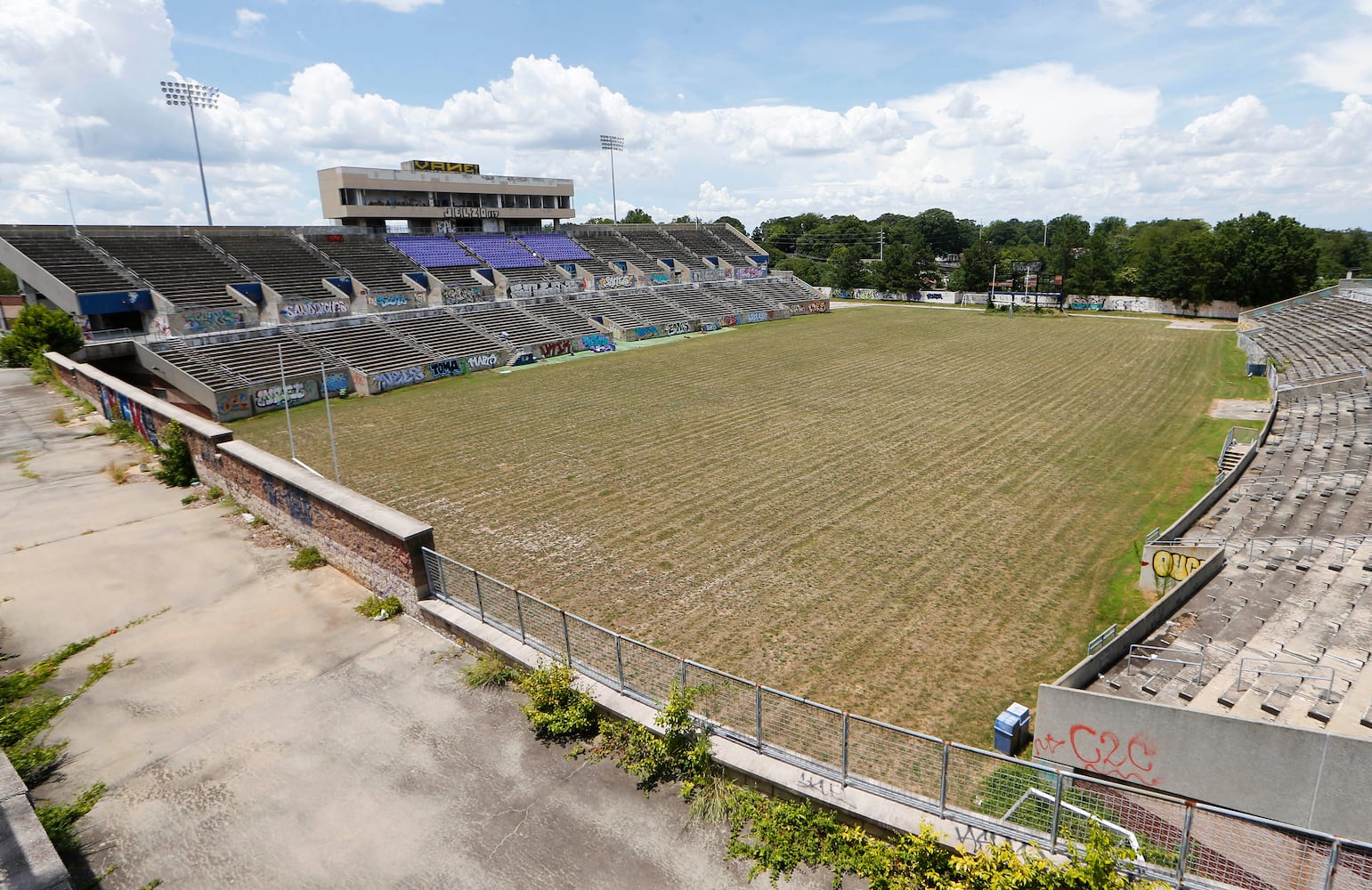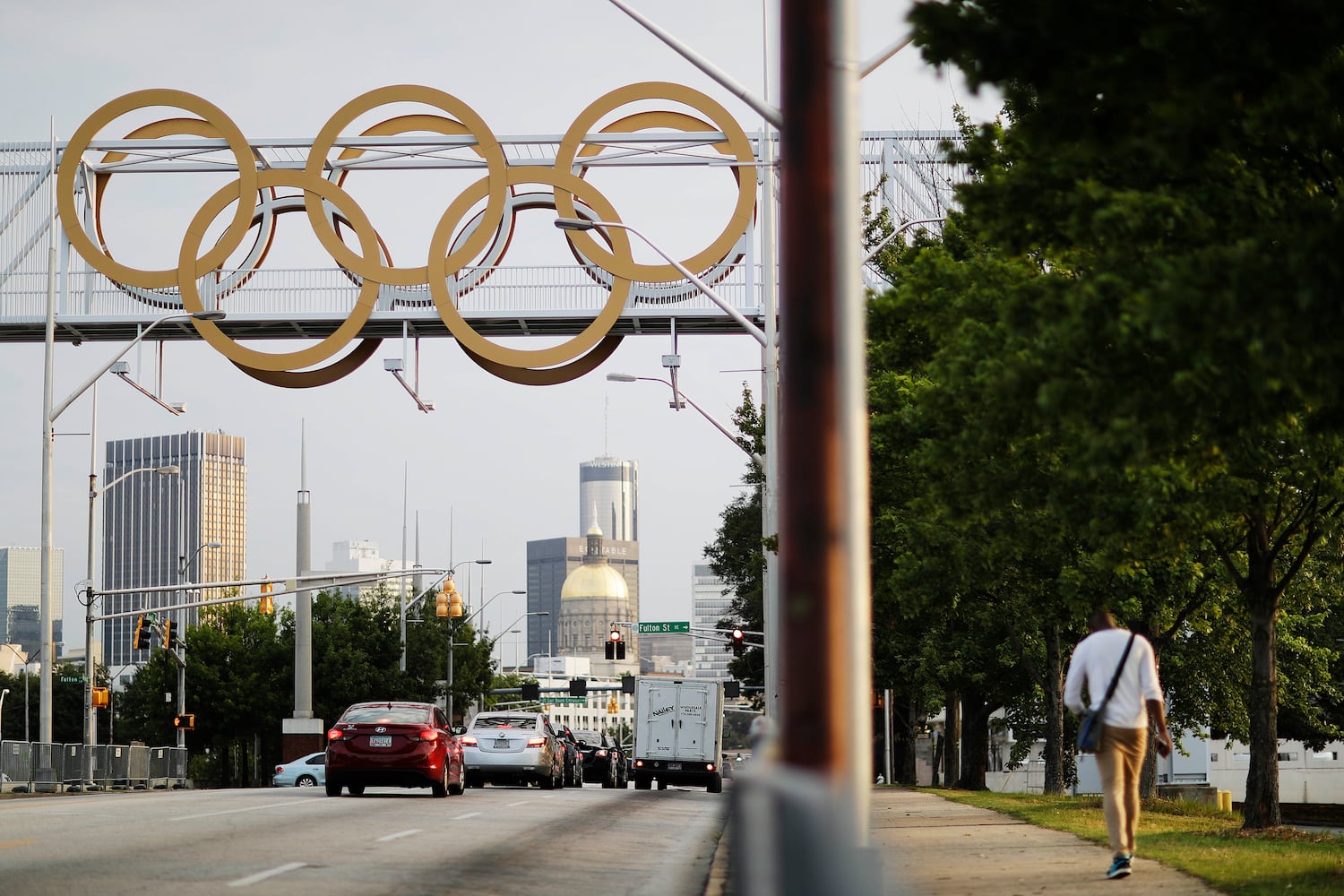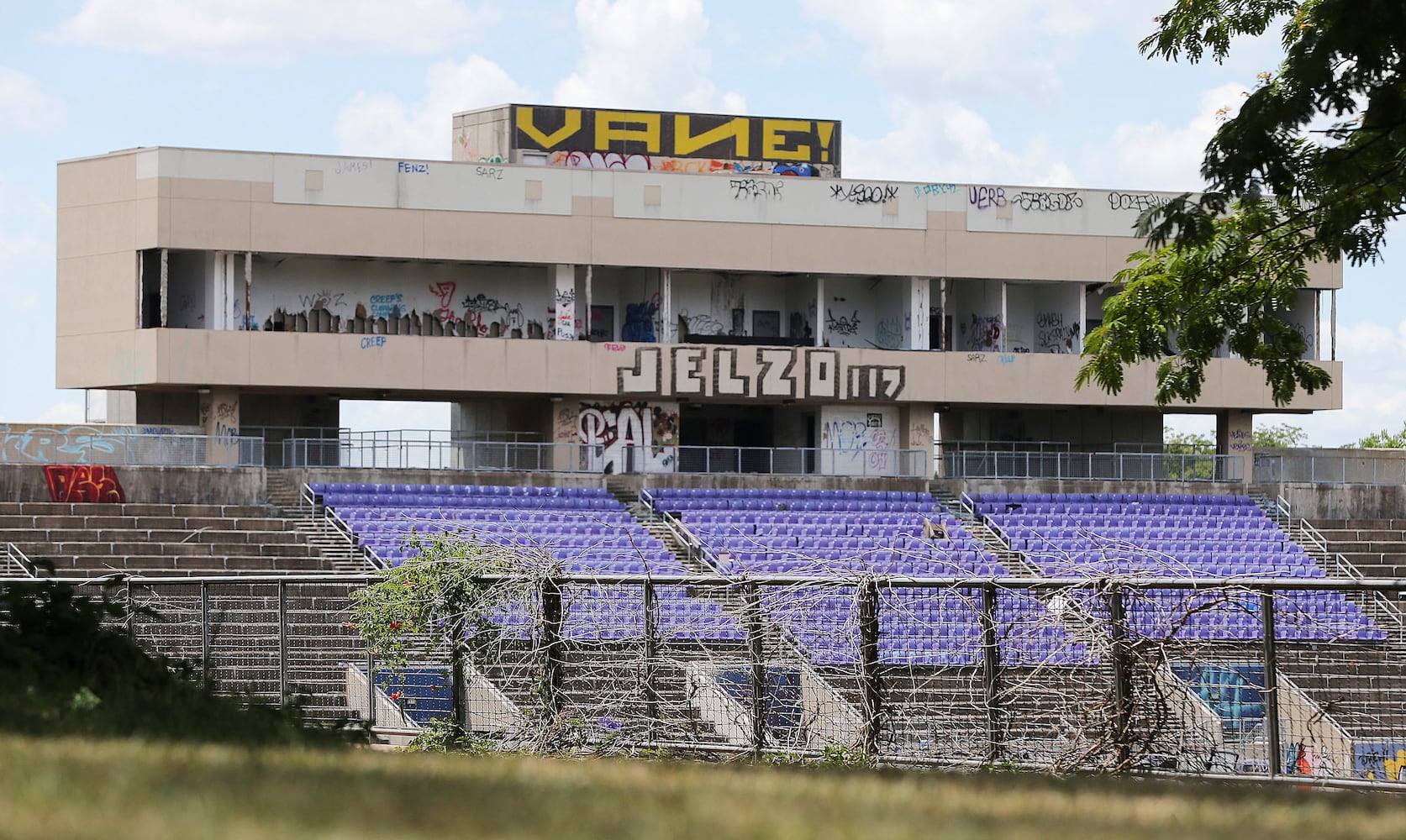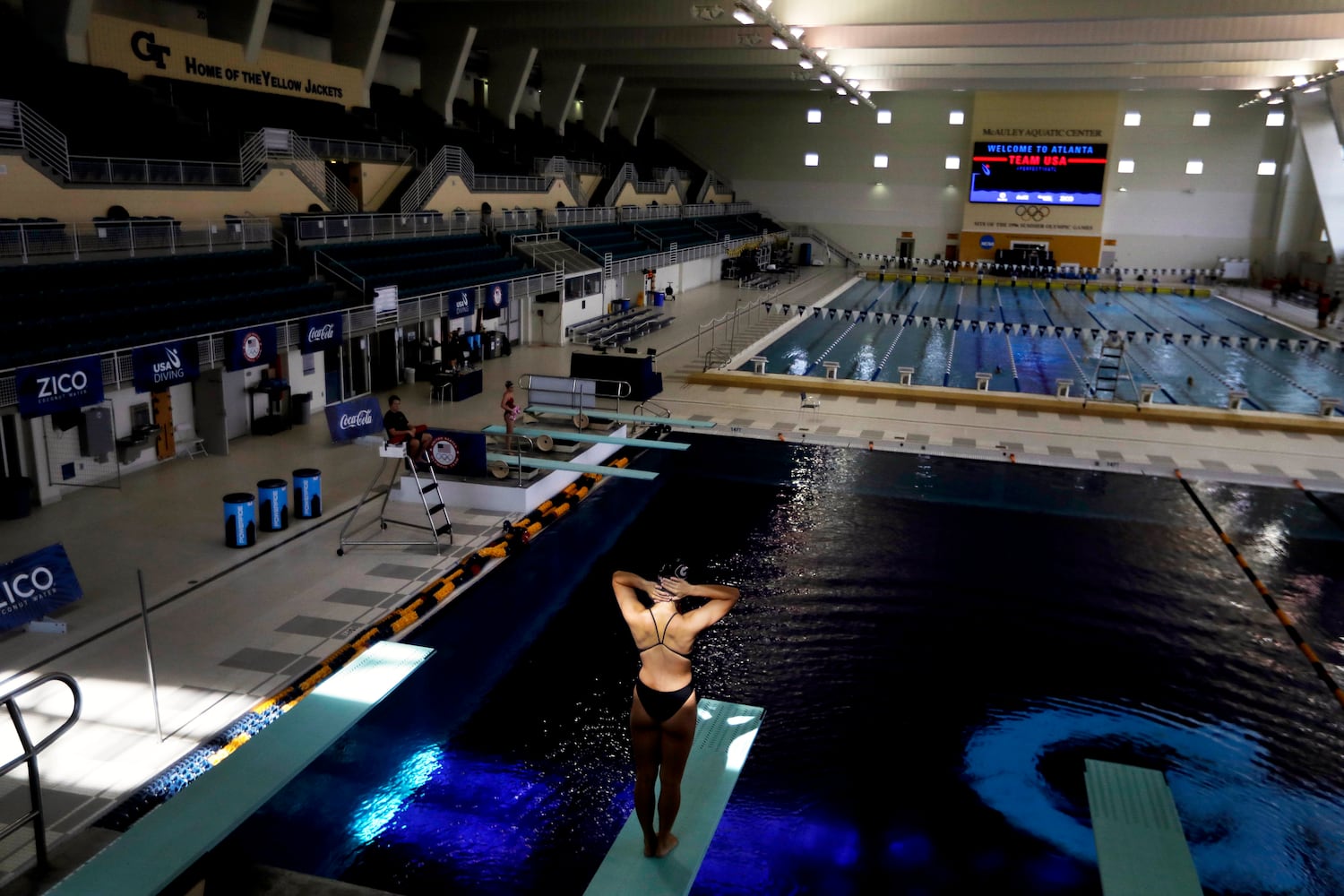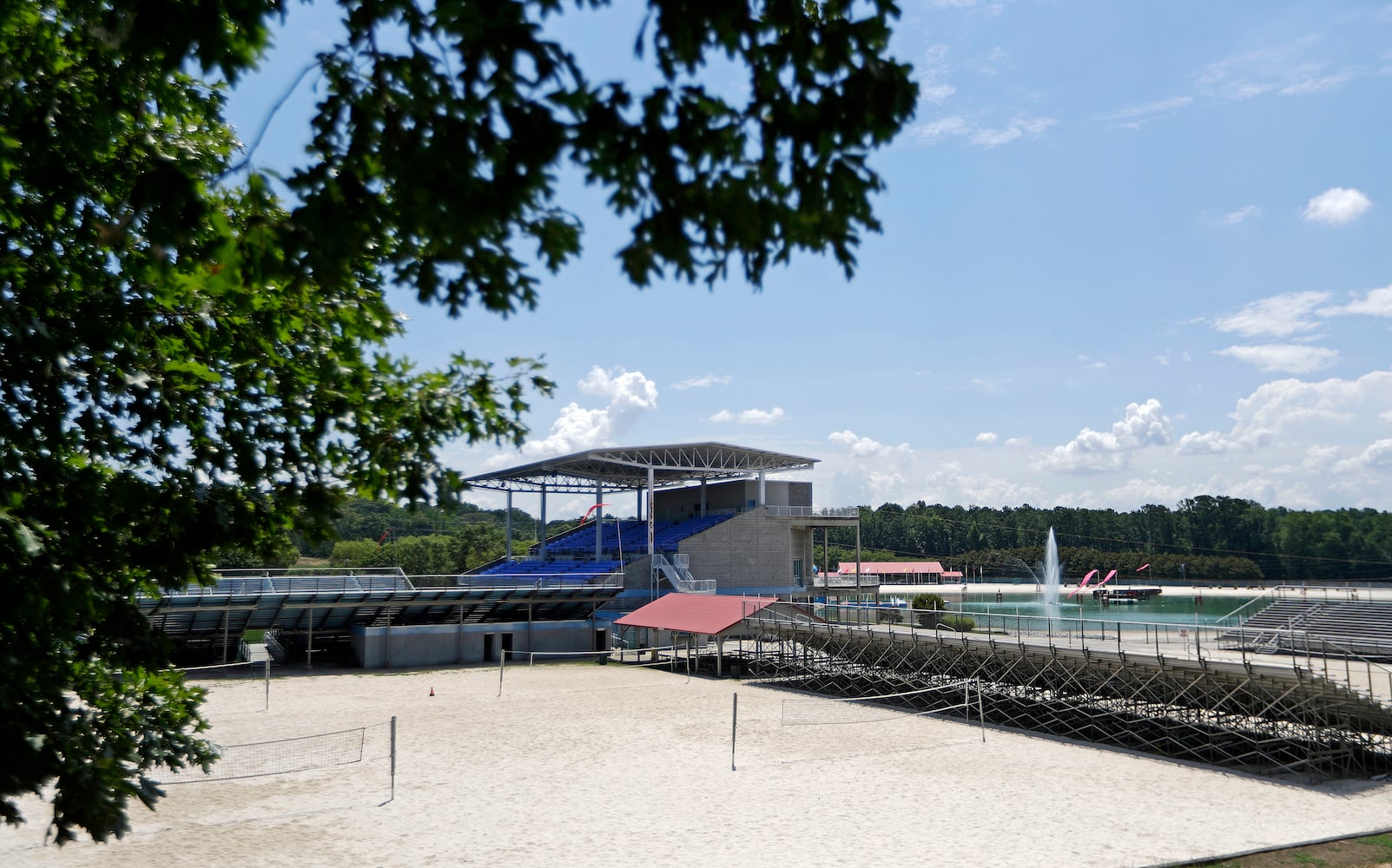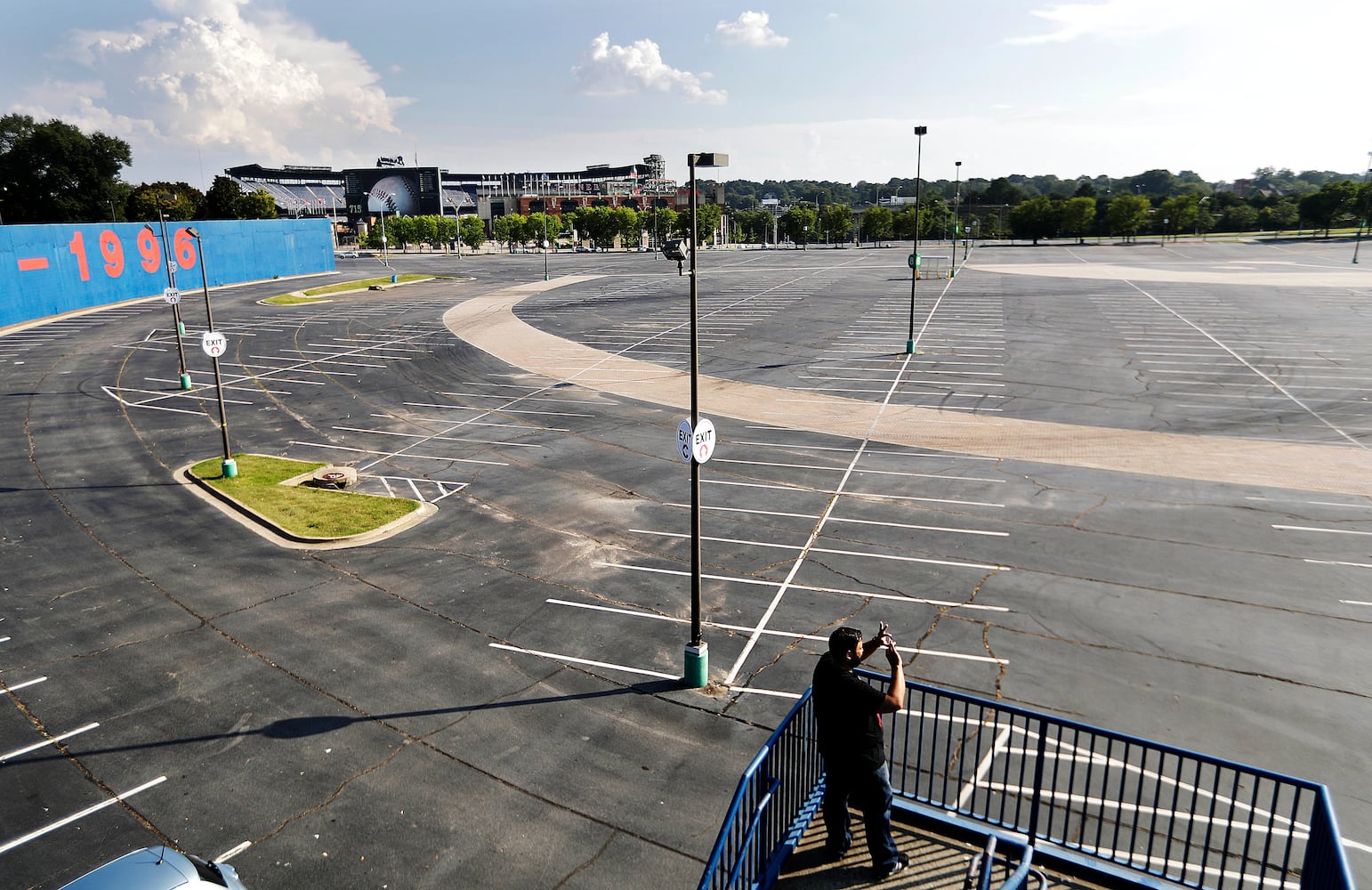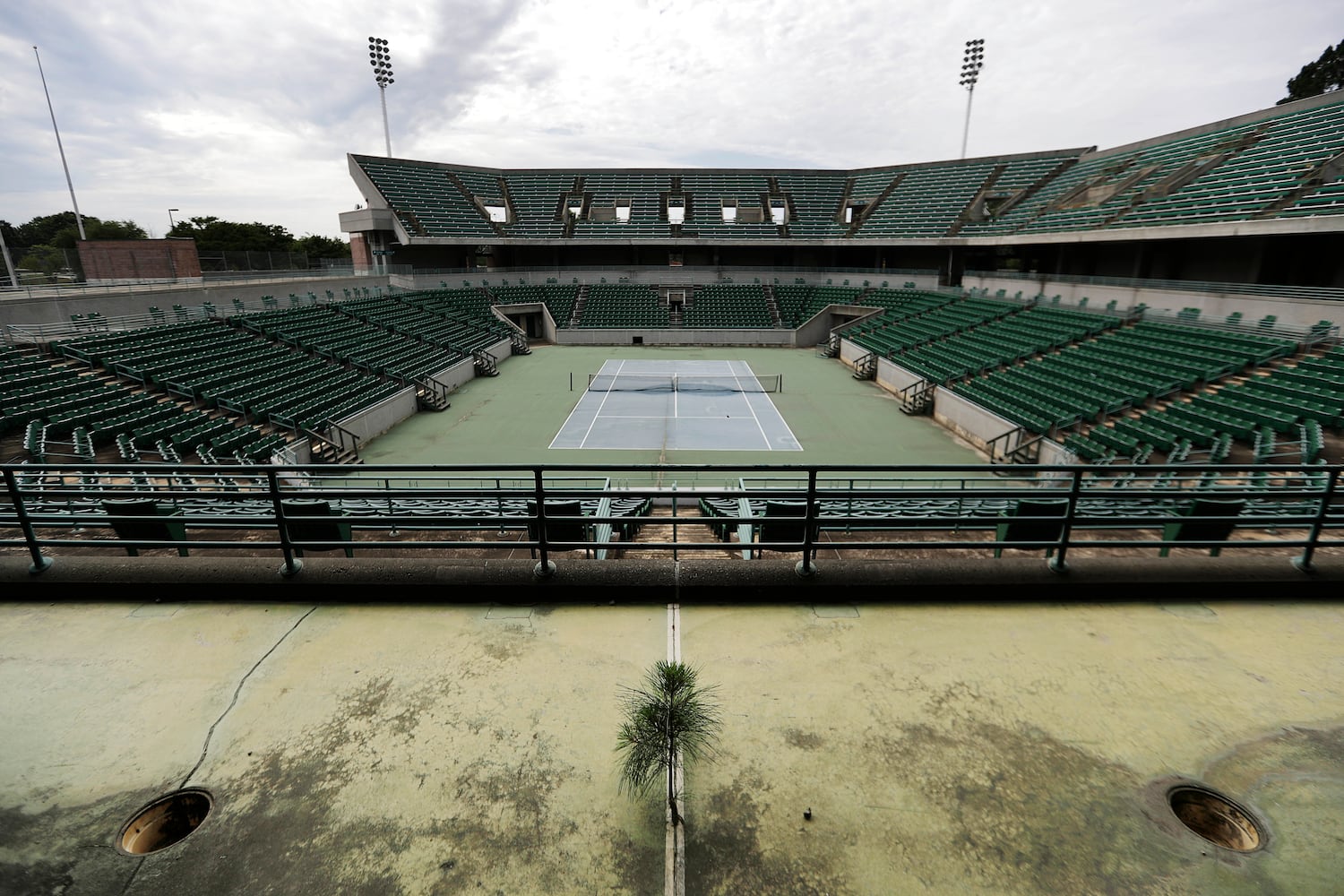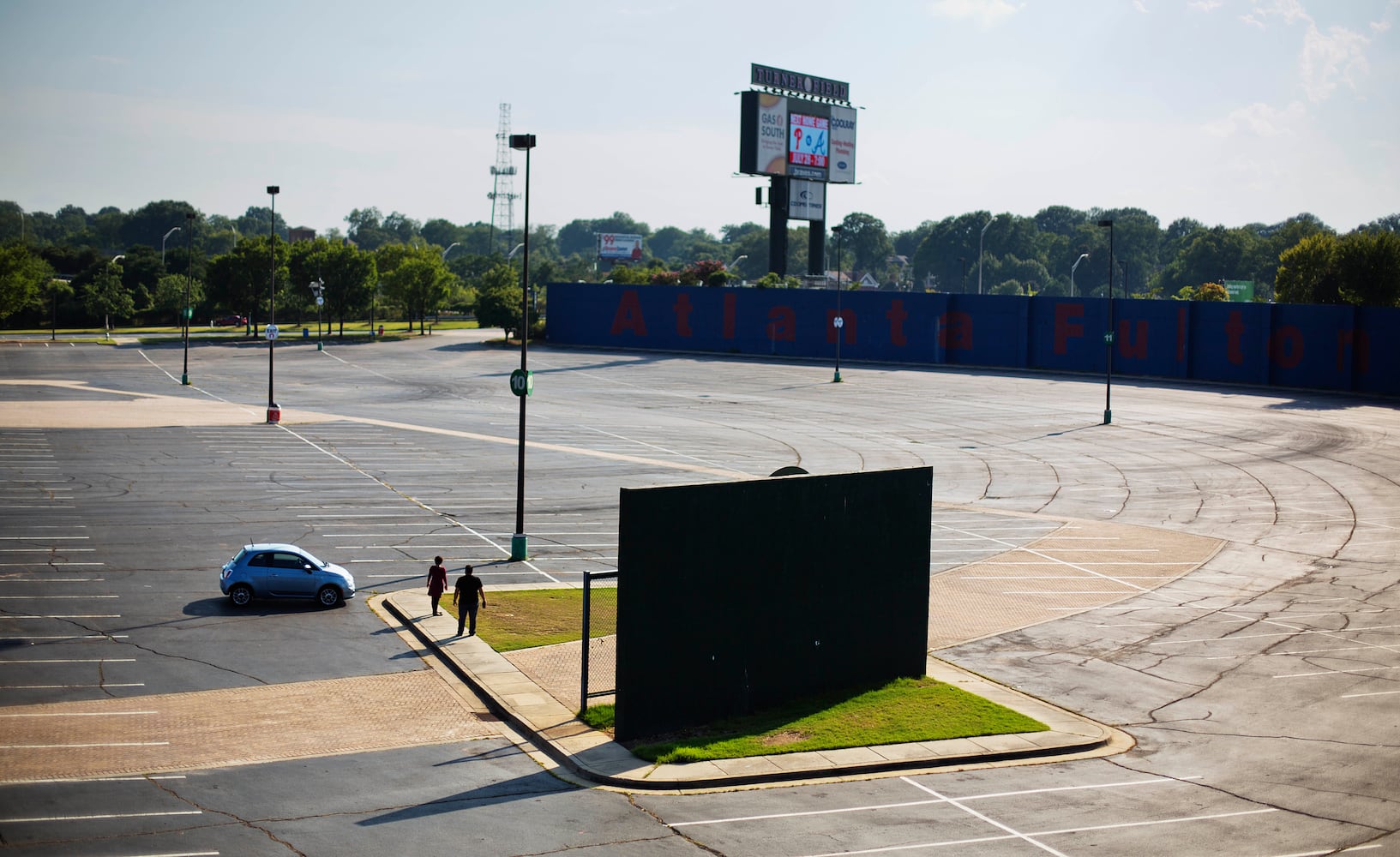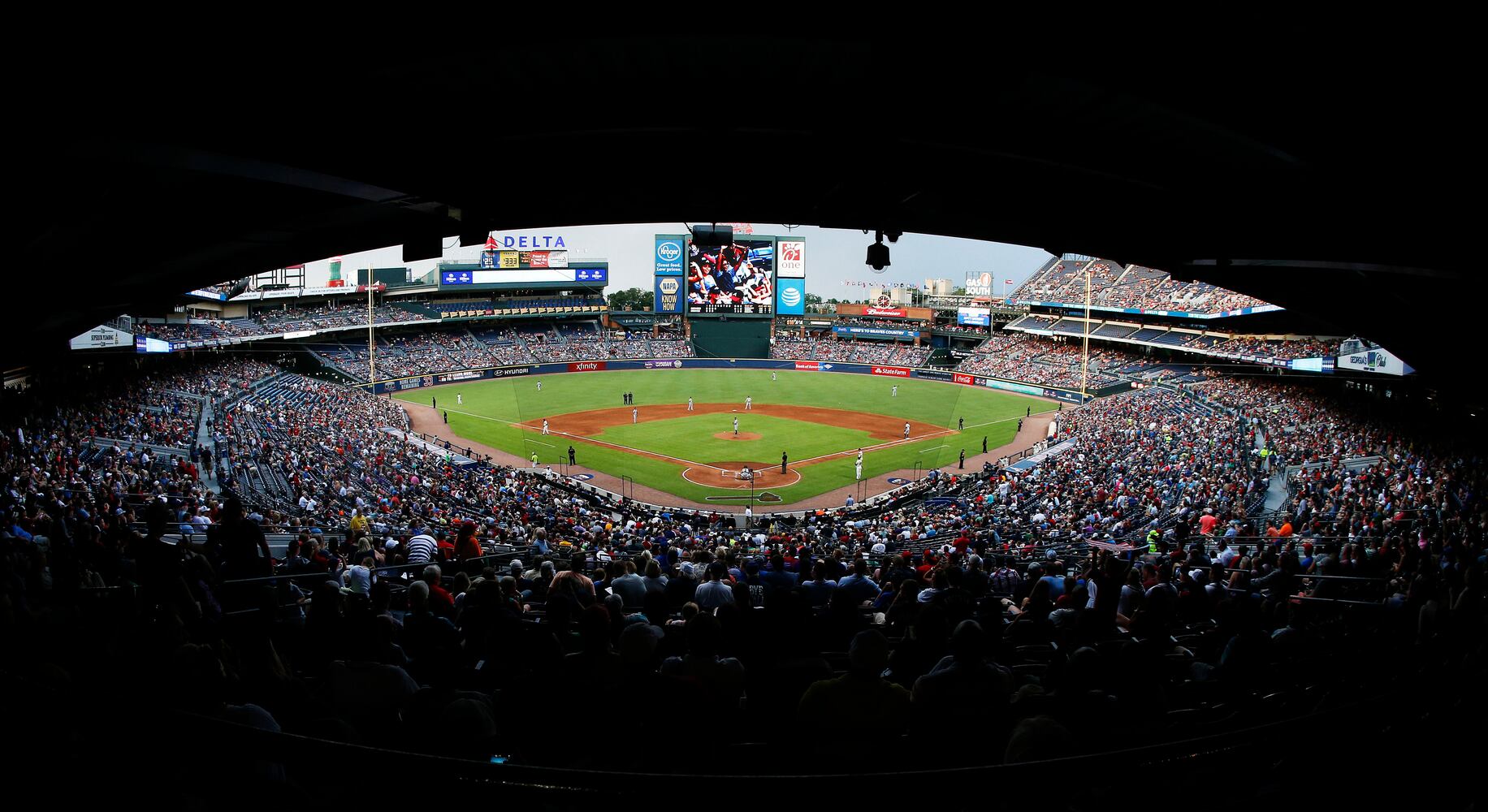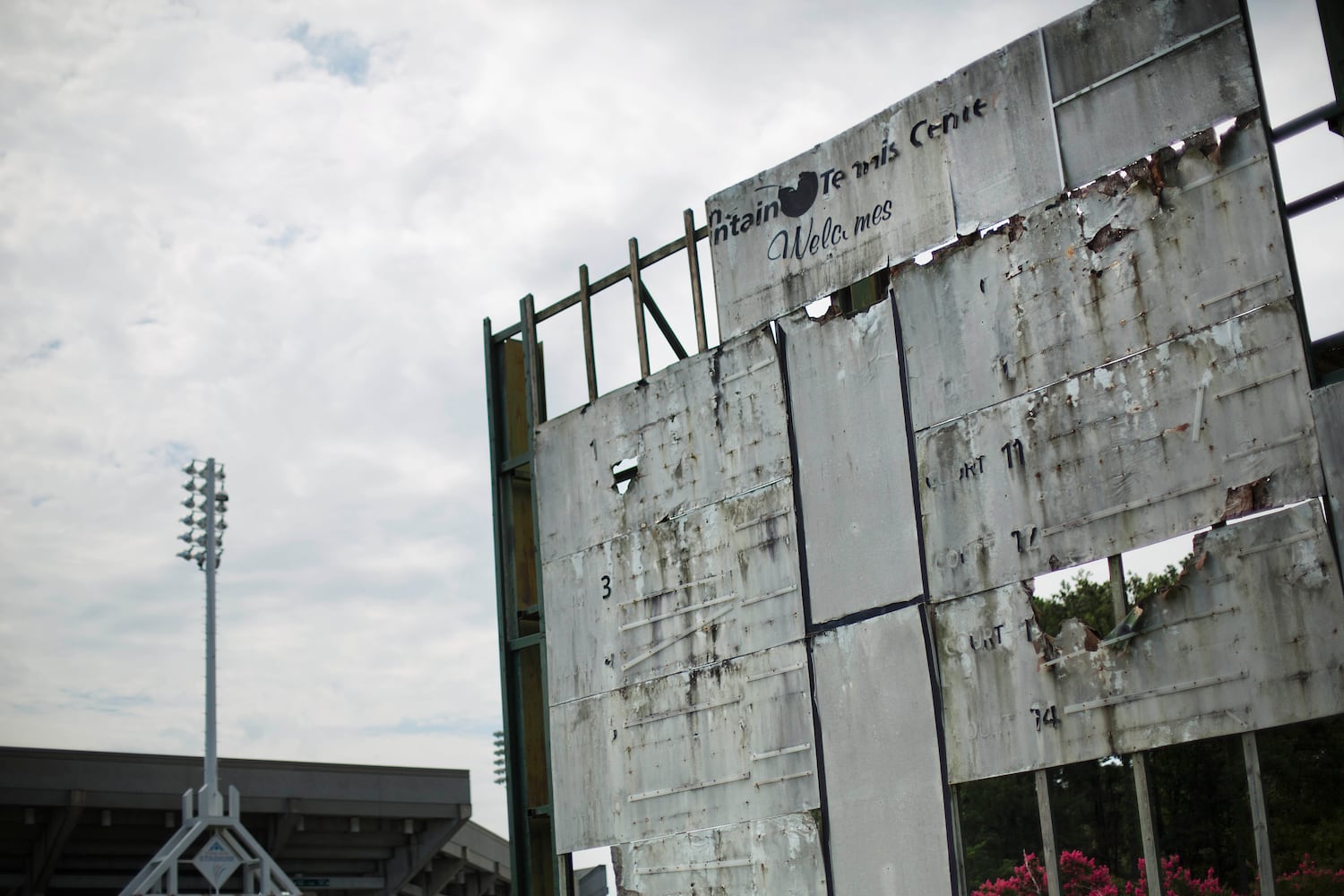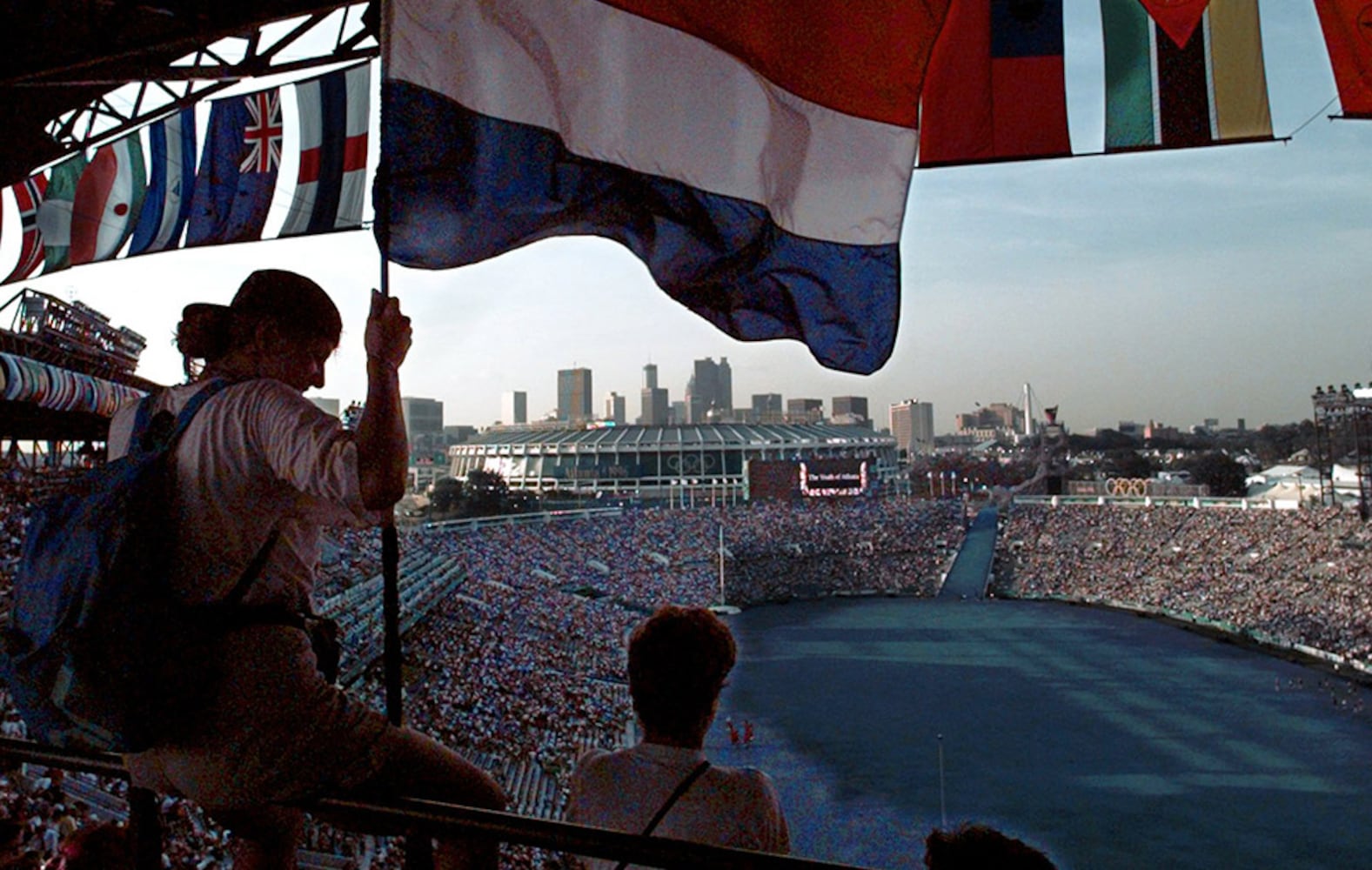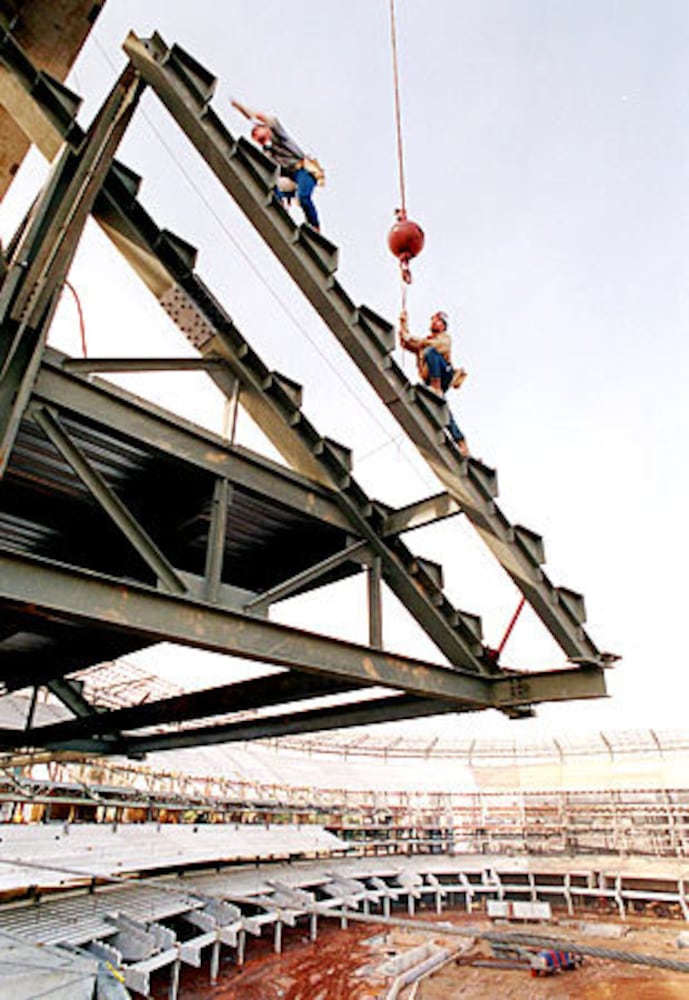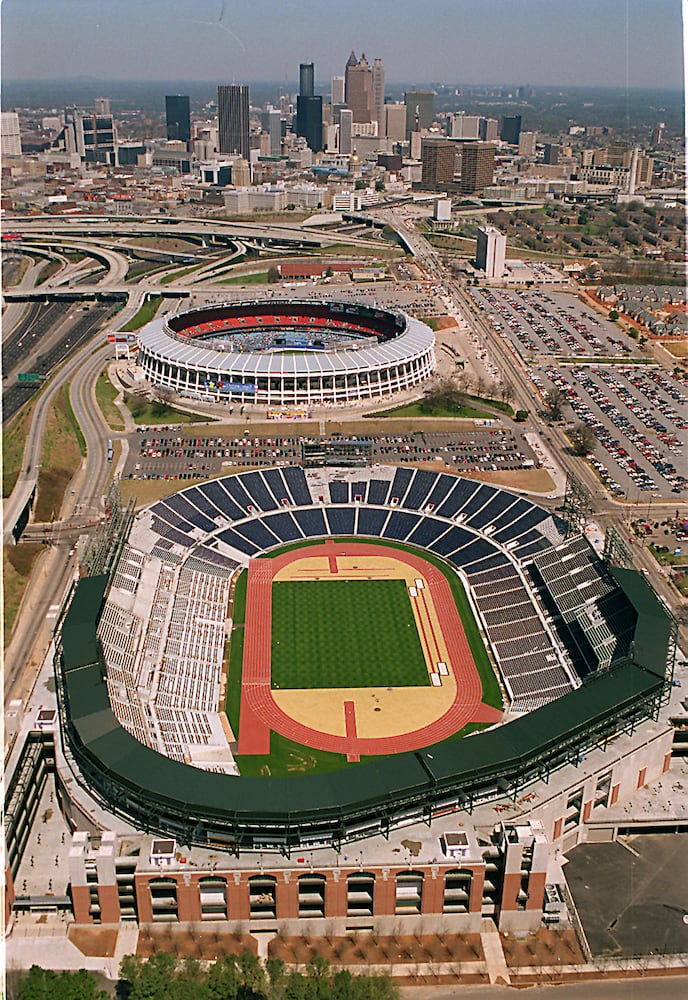Wherever they could, Olympic organizers used existing buildings for everything from archery to wrestling. Among the Olympic venues that were already standing were the Atlanta-Fulton County Stadium where baseball was played; the Omni Coliseum, which hosted volleyball; and the Georgia Dome, which housed basketball, handball and gymnastics.
The Georgia World Congress Center had wrestling, judo and table tennis, among other events.
Still, there were some venues that had to be built new. Many are still being used today. Here is a sampling of what those sites were used for and what happened to them in the intervening decades.
Olympic Stadium
Then: Olympic Stadium was home of the opening and closing ceremonies as well as track and field events.
Now: The stadium became Turner Field once the games were over. The Atlanta Braves still play baseball there though their tenure is in its waning days. The team will move to Cobb County for the 2017 season. The city of Atlanta sold the stadium and surrounding parking lots to Georgia State Univeristy for a $300 million for a planned mixed-use development, including a new stadium for baseball. The existing stadium is used for Georgia State Football and other events.
Lake Lanier
Then: The lake had existed for years, but new stands and other infrastructure were needed for the rowing, canoe and kayaking events.
Now: The Lake Lanier Olympic Venue kicked off a $10 million renovation project last fall to make it ADA accessible, in the hopes of drawing more Paralympic events. Other improvements include the addition of a large pavilion and outdoor fireplace. The venue will host the Dragon Boat World Championships in 2018.
Georgia International Horse Park
Then: The park as its name implies, hosted equestrian events. It was also home to the final two events of the modern pentathlon.
Now: The Conyers facility hosts festivals, concerts and weddings in addition to horse shows and competitions and other sporting events, like mountain bike races.
Stone Mountain
Then: The mountain’s cable cars were renovated for the Olympics, and some temporary structures, like a velodrome for track cycling, were built.
Now: The velodrome track was sent to Quebec; the area where the structure stood is now a songbird habitat.
Georgia Tech Aquatic Center
Then: The aquatic center hosted swimming, synchronized swimming, diving and water polo events.
Now: After the Olympics, the open-air natatorium was enclosed. It’s now used as a recreation center for Georgia Tech students.
Wolf Creek Shooting Complex
Then: Skeet and trap shooting took place at the South Fulton facility.
Now: The area is now the home of the Wolf Creek Amphitheater, which hosts concerts, and the Fulton County Public Safety Training Center. The Tom Lowe Shooting Grounds are across the street.
Stone Mountain Tennis Center
Then: The 8,000-seat Tennis Center had 16 courts and hosted tennis events.
Now: Dreams of hosting major tennis competitions never materialized, and the Stone Mountain Memorial Association has long been trying to figure out what to do with the property. There is “some movement” on a plan, a spokesman said, but a confidentiality agreement kept him from saying more.
Atlanta Beach
Then: The home of beach volleyball.
Now: The Jonesboro beach is used as a venue for concerts and special events, like local festivals.
Morehouse College
Then: Morehouse hosted preliminary basketball games.
Now: Forbes Arena is the home of the school’s kinesthology department and its basketball program. It also hosts special events like concerts and step shows.
Clark Atlanta University
Then: Clark Atlanta was the home of some field hockey events, and a practice venue for track and field events.
Now: The former Olympic venue, known as Panther stadium, is where the school’s football team plays. Commencement is also held at the venue.
Morris Brown College
Then: Field hockey was played at the school.
Now: Morris Brown has sold off large portions of its property, including Herndon Stadium, to pay off its debts after filing for bankruptcy. Invest Atlanta, the stadium’s current owner, said the property was subject to litigation and they could not comment on their plans for it. The Atlanta Beat soccer team played at the school for a period of time.
About the Author
Keep Reading
The Latest
Featured

